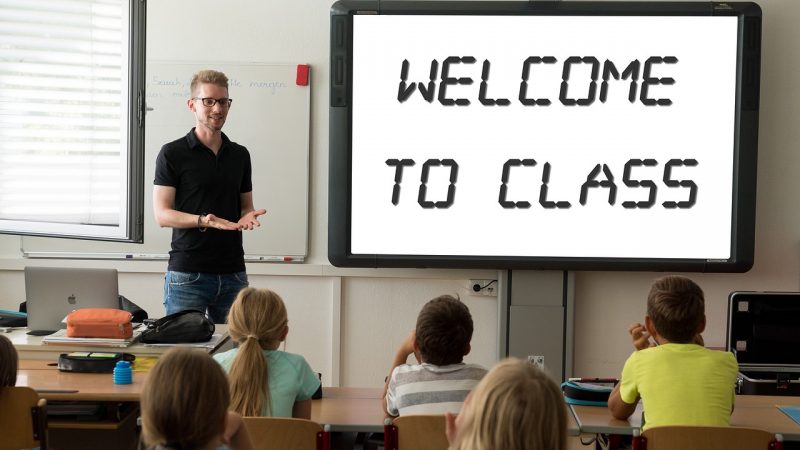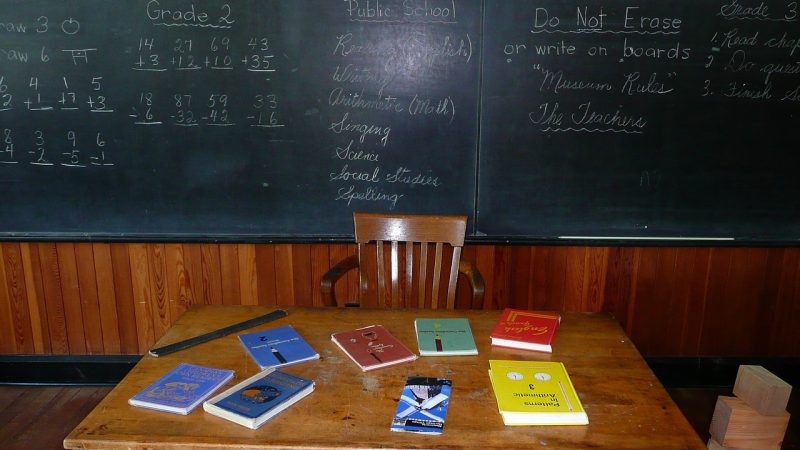Teaching young students comes with unique challenges. Elementary teachers must balance imparting foundational knowledge across subjects with nurturing development. Honing skills to master classroom management, make lessons engaging, and address each child’s needs is key for success. Here are 7 methods for elementary teachers to continually improve their skills:
1. Observe Fellow Teachers
Observing other teachers is an impactful learning experience. Take notes on instruction techniques, behavior management strategies, and classroom setup ideas you appreciate. Notice areas you would handle differently. Discuss takeaways with colleagues afterwards to gain their perspectives. Identify best practices to incorporate into your own teaching. Observation followed by reflection helps evolve teaching skills.
2. Pursue Continuous Learning
View professional development as integral, not optional. Actively seek out training courses, mentorships, workshops and certificates that build new capabilities. Priority areas include technology integration, differentiated instruction, literacy development and social-emotional learning. Fellow teachers are great resources for recommendations. Advocate for professional development support from your school. Lifelong learning is key for honing elementary teaching expertise.
3. Cultivate Creativity and Experimentation
Avoid instructional ruts by getting creative. Brainstorm fresh activity ideas, lessons that incorporate movement, or ways to make content interactive through technology or manipulatives. Don’t be afraid to experiment with new techniques and observe the response. Creativity and a spirit of experimentation keep learning engaging for students and teachers alike.
4. Focus on Relationship Building
Positive teacher-student relationships enable academic success with young learners. Make connecting with each child a priority. Maintain a warm, patient demeanor. Get to know their hobbies and interests. Set aside 1-1 time to chat. Show genuine care for each student. Build trust so students feel comfortable asking you questions without judgement. Nurturing relationships generate goodwill and cooperation.
5. Improve Classroom Management
Hone classroom management to minimize disruptions and distractions. Study techniques like behavior incentive programs, layout modifications to improve visibility and transitions, calming strategies and conflict resolution. Identify triggers causing recurrent problems and mitigate them. Reflect on difficulties managing student behavior each week and discuss with colleagues to continually improve.
6. Become a Curriculum Master
Expert-level familiarity with elementary curriculum equips you to excel. Review learning standards, curriculum frameworks and planning guides deeply. Know vertical sequencing across grade levels for each subject. Master how concepts scaffold. Tailor units and lessons to curriculum goals and student cognitive levels. Discuss curriculum plans with vertical team members teaching other grades. Curriculum mastery enables impactful, standards-aligned instruction.
7. Collect Student Feedback
Leverage student perspectives to improve. Ask questions like: What are your favorite activities and topics? What could I do to make learning more fun? Did you find any lessons too difficult or easy? What could I do to help you participate or concentrate more? Make it anonymous. Review responses to identify strengths and areas for improvement. Student insights combined with self-reflection will help refine your approach.
Striving for teaching excellence is a lifelong endeavor requiring habitual self-analysis, creative risk-taking, deeper knowledge and purposeful skill-building. Following these tips will help elementary teachers continually enhance their effectiveness and joy in reaching young developing minds. Your passion for student growth and learning will keep propelling improvement.










